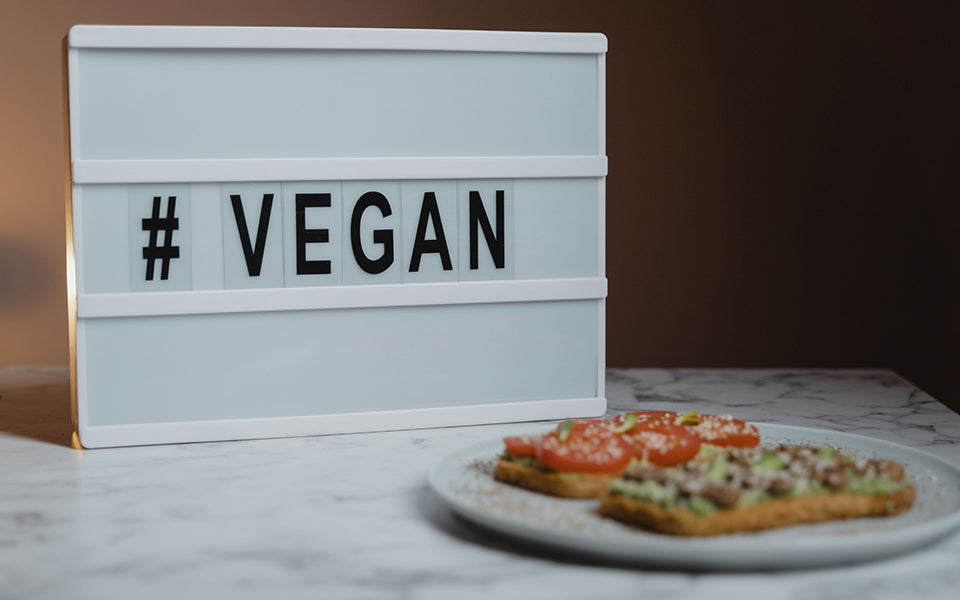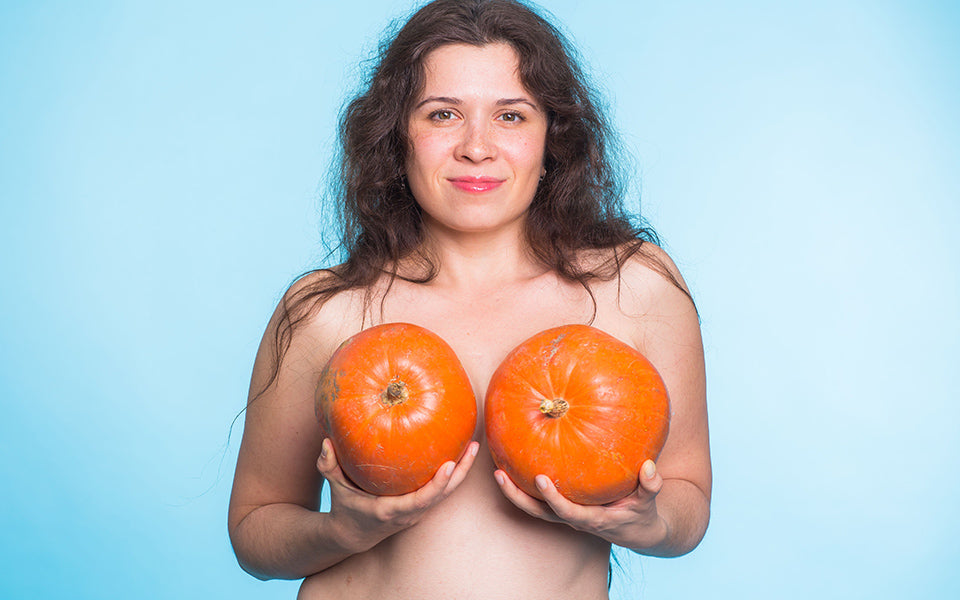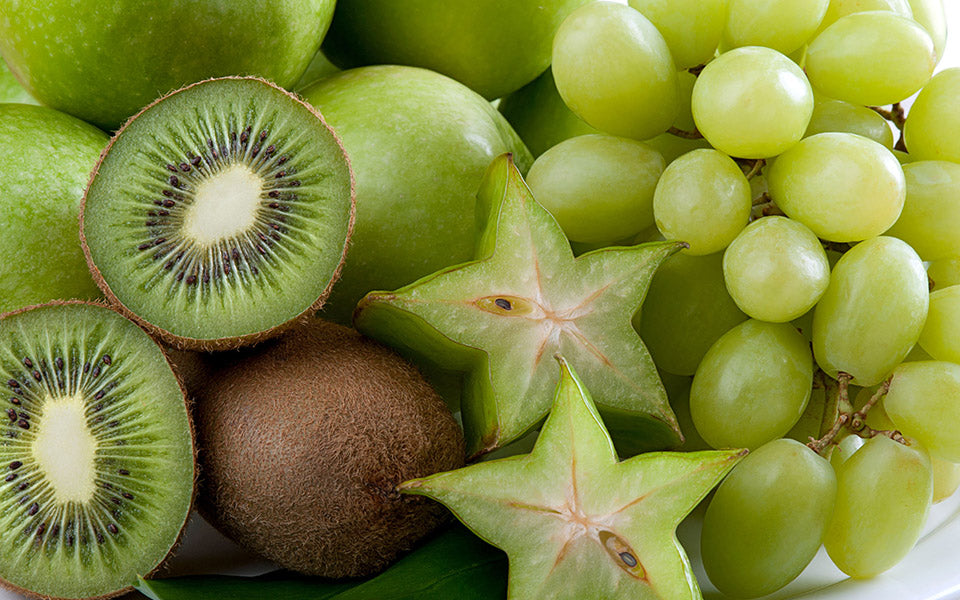
Whether you're a lifelong vegetarian looking to mix up your usual rotating vegetarian dinner recipes, or an omnivore
wondering 'What can I cook for dinner if I don't have meat?' , we bet you'll find what you're looking for here!
From 15-minute macaroni and cheese to super healthy vegan hummus bowls, and pretty much everything in between, we just know you'll find plenty of meatless recipes you'll love. We all know that protein is a very healthy food, especially for middle-aged and older women. Here are high-protein recipes you can cook for yourself on the weekend or enjoy with your family.
Why is Protein Important?
Protein is important for everyone, no matter what diet you follow! For vegans and vegetarians, animal protein is considered 'complete protein', meaning it contains all essential amino acids, while few plant sources are complete proteins.
As vegetarians, especially middle-aged and older vegetarians, make sure you get a variety of protein sources in your diet every day. Proteins are necessary to maintain and repair tissues. It is important for many bodily functions and can help maintain weight.
High Protein Vegetarian Food Recommendation
Bean
A vegan avoids animal-based foods such as meat, poultry, fish, and eggs that contain protein and iron. Beans, for instance, are rich in protein and iron, so they should be substituted for these animal products.
Beans, lentils, and peas are all excellent sources of protein, fiber, slow-digesting carbohydrates, iron, folate, calcium, potassium, zinc, antioxidants, and other health-promoting plant compounds.
Recommend Recipe: Italian White Bean and Pasta Stew, Refried Bean Tostadas. You'll never go hungry with this flavorful entree that uses cans of beans instead of meat.

Nuts and Seeds
Nuts and seeds are a good addition to any vegan refrigerator or pantry. Part of the reason is that one ounce of nuts or seeds contains 5-12 grams of protein. This makes them a good alternative to protein-rich animal products.
Nuts and seeds are excellent sources of iron, fiber, magnesium, zinc, selenium, and vitamin E, as well as antioxidants and other beneficial plant compounds. They are very versatile and can be eaten on their own or added to sauces, desserts, and vegan cheeses.
Recommend Recipe: Spinach Salad with Raspberries & Candied Walnuts, Hazelnut Asparagus Soup. Keeping you full and satisfied without meat is easy with these protein-packed vegetarian recipes!

Tofu, Tempeh and Gluten
As meat substitutes, tofu and tempeh are made from soybeans and minimally processed. Each 3.5-ounce serving contains 9-20 grams of protein. Tofu, made from tofu, is a popular alternative to meat. It could be sauteed, roasted, sauteed. Omelets, frittatas, and quiches can be made with it instead of eggs.
Tempeh is a fermented soybean product with a unique flavor. It can be used as a fish alternative or in other dishes. Vitamin B12 may be absorbed more readily by the body as a result of fermentation. Gluten is also a common meat substitute. It contains iron, calcium, and phosphorus.
Recommend Recipe: Sticky Tofu Bowl, Sweet and Sticky Tofu With Baby Bok Choy, Tofu Pad Thai. Tofu will become a staple in your meals once you learn how to prepare it properly.

Calcium-fortified Plant Milks
Vegans may have weaker bones due to consuming less calcium than other diets. To prevent this, vegans should drink calcium-fortified plant milk and eat plant yogurt daily.
Many people who want to increase their protein intake at the same time should opt for soy or marijuana milk, rice milk, or oat milk. Vitamin D is also present in plant milk and yogurt, which is a nutrient that plays a key role in calcium absorption.
Recommend Recipe: Vegan Strawberry Coconut Milkshake, Vegan Chocolate Shake, Cold Brew Caramel Frappuccino, Homemade Vegan Yoghurt. Further animal suffering is unnecessary now that there are so many delicious and healthy alternatives to animal milk available.

Seaweed
Seaweed is a rare plant food that contains DHA, an essential fatty acid that is good for health. Spirulina and Chlorella, for example, are excellent sources of complete protein.
It is often said that vegans can get plenty of vitamin B12 from seaweed. However, it is not clear whether the vitamin B12 in seaweed is effective in humans.
Recommend Recipe: Seaweed Salad, Vegetarian Korean Dolsot Bibimbap, Roasted Winter Vegetable Bowl. Not only are these vegan seaweed recipes delicious, but they're also super healthy.

Health Benefit
In fact, studies show that vegetarians tend to have better diet quality than meat-eaters and consume more important nutrients such as fiber, vitamin C, vitamin E, and magnesium. There are other health benefits that come with a vegetarian diet.
May Promote Weight Loss
If you're trying to lose weight, switching to a vegetarian diet could be an effective strategy. A six-month study of people with diabetes showed that a vegetarian diet was almost twice as effective at losing weight as a low-calorie diet. In addition, studies have shown that vegetarians tend to have a lower body mass index (BMI) - a measure of body fat based on height and weight - than omnivores.
May Reduce Cancer Risk
Several studies have suggested that vegetarian diets may be associated with a lower risk of cancers, including breast, colon, rectal and stomach cancers.
May Stabilize Blood Sugar
Several studies have shown that a vegetarian diet may help maintain healthy blood sugar levels. For example, studies have shown that vegetarianism can improve glycemic control in people with type 2 diabetes. A vegetarian diet may also help prevent diabetes by stabilizing blood sugar levels over the long term.
Switching to a vegetarian diet was associated with a reduced risk of diabetes over an average of five years, according to one study.
Promoting Heart Health
A vegetarian diet can reduce some risk factors for heart disease and help keep your heart healthy and strong.
One study linked a vegetarian diet to lower levels of triglycerides, total cholesterol and 'bad' LDL cholesterol - all risk factors for heart disease when elevated. Similarly, a low-calorie vegetarian diet was more effective at reducing 'bad' LDL cholesterol than the Mediterranean diet. Other studies have suggested that a vegetarian diet may be associated with lower blood pressure levels.

Conclusion
It's not often that vegetarians and vegans are deficient in protein, especially those who follow a healthy, well-planned diet. Still, some people may be interested in increasing their intake of plant protein for a variety of reasons.
































Leave a comment
This site is protected by hCaptcha and the hCaptcha Privacy Policy and Terms of Service apply.